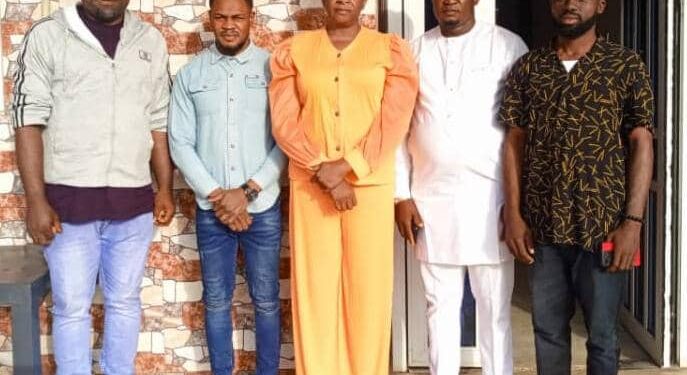By Prosper Okoye
A coalition of Civil Society Organizations (CSOs) dedicated to addressing Gender-Based Violence (GBV) and advocating for gender rights engaged with the Federal Capital Territory (FCT) Women Affairs Secretariat on Saturday. The meeting sought solutions to challenges obstructing GBV survivors’ access to justice.
Akpa Samuel, National Program Officer for the Tuberculosis Network, highlighted the frustrations faced by survivors in their pursuit of justice, including being burdened with catering for the feeding and medication of alleged abusers after their arrest.
“On our part as interveners, we are constrained by insufficient funds to pursue cases. We cover transportation and other costs for investigations, as well as for bringing survivors to court and other necessary locations. When cases drag on, we often become frustrated and are forced to back down,” he explained.
The engagement is part of the Covid-19 Response Mechanism-Gender-Based Violence/Gender Human Rights project, a Global Fund initiative being implemented across 21 states in Nigeria.
Samuel also noted that economic deprivation, as revealed through surveys and reported cases, is a significant driver of GBV in the country. He called for stronger collaboration between CSOs and the government while urging the president to prioritise economic and political opportunities for women and other vulnerable groups.
Responding, Joy Okosa, Assistant Director at the FCT Women Affairs Secretariat, identified a key challenge in securing justice for GBV survivors: their tendency to approach untrained personnel.
“For example, a GBV victim might report to any officer at a police station. Over time, frustration sets in because that officer may lack the proper training to handle such cases,” Okosa explained.
“We advise survivors to seek out the gender desk officer at the nearest police station. These officers are trained to handle GBV cases and ensure survivors receive the necessary support,” she added.
Okosa emphasised that addressing GBV requires passion and commitment, noting that CSOs often need to use personal resources to assist survivors.
“Sometimes, your personal funds will have to go towards supporting survivors. You must see this work as more than just a job,” she advised.
She also addressed concerns about police gender officers being uncooperative, attributing this to their workload.
“Be patient and persuasive. Even without formal appointments, show up at their offices and, where possible, go with survivors. Many survivors are already traumatised, so your presence helps ensure they are supported,” she encouraged.
Okosa outlined the GBV services provided in the FCT, including medical assistance at the Sexual Assault Centre (SAC) in Bwari, legal aid from FIDA, psycho-social support from the ministry, and empowerment initiatives supported by NGOs. She noted that law enforcement agencies like the Civil Defence and the Police collaborate to ensure justice for survivors.
Ipinnimo Ojo, Senior Program Officer at ACOMIN, raised the issue of shelter for GBV survivors, asking if the FCT Secretariat had facilities available.
In response, Okosa stated that the Secretariat currently partners with NGOs that provide shelters in the FCT but is planning to establish its own facilities. Despite being relatively new, she said the Secretariat is making progress and remains committed to reducing GBV incidents in the FCT.
Speaking on the project’s progress, Antai Jeremiah, National M&E Officer at NEPWHAN, pointed to family interference as another challenge in securing justice for survivors.
“It becomes difficult for our case managers to pursue cases when survivors, due to family pressure or personal reasons, ask to withdraw their complaints,” he said.
























